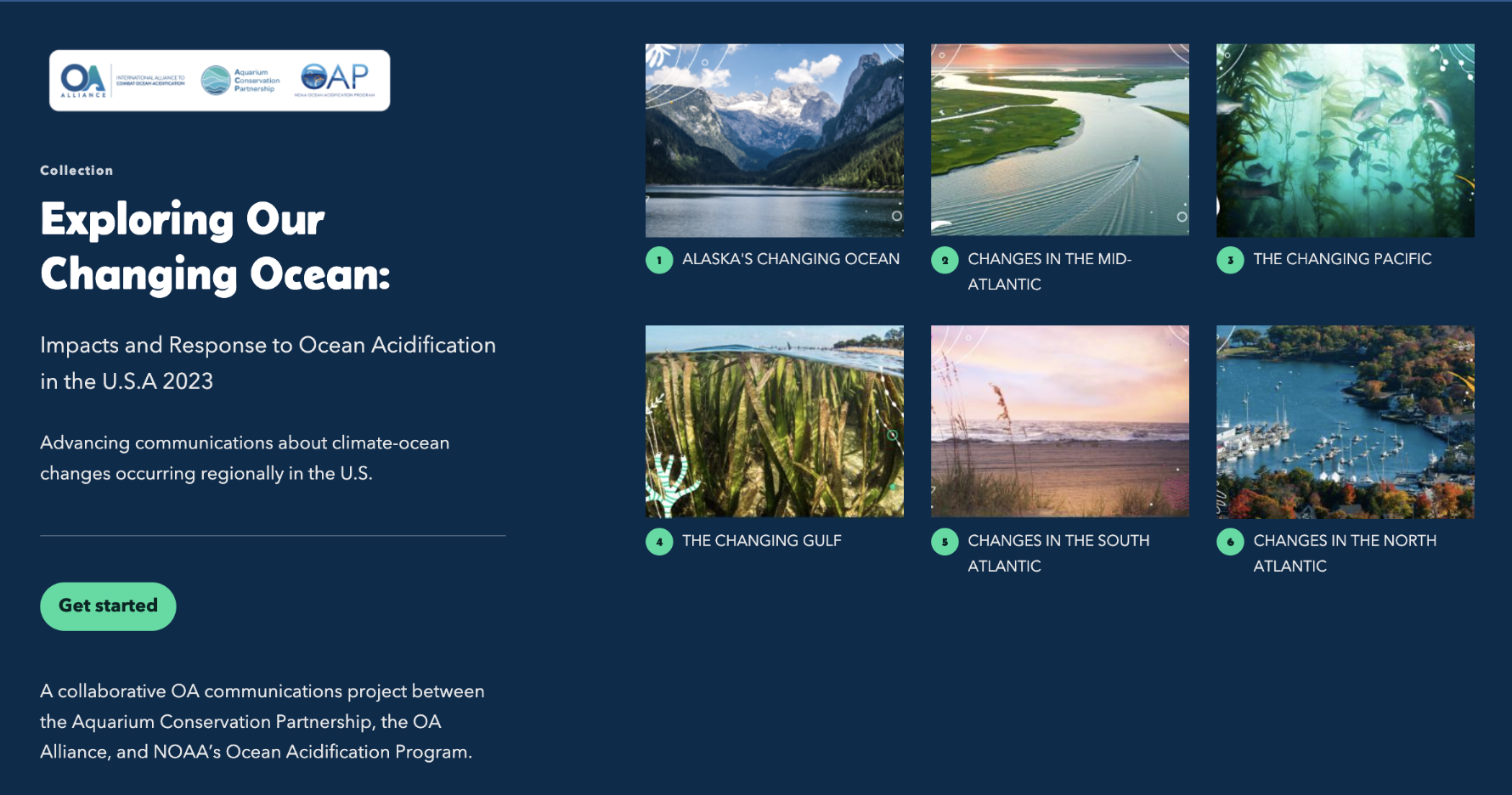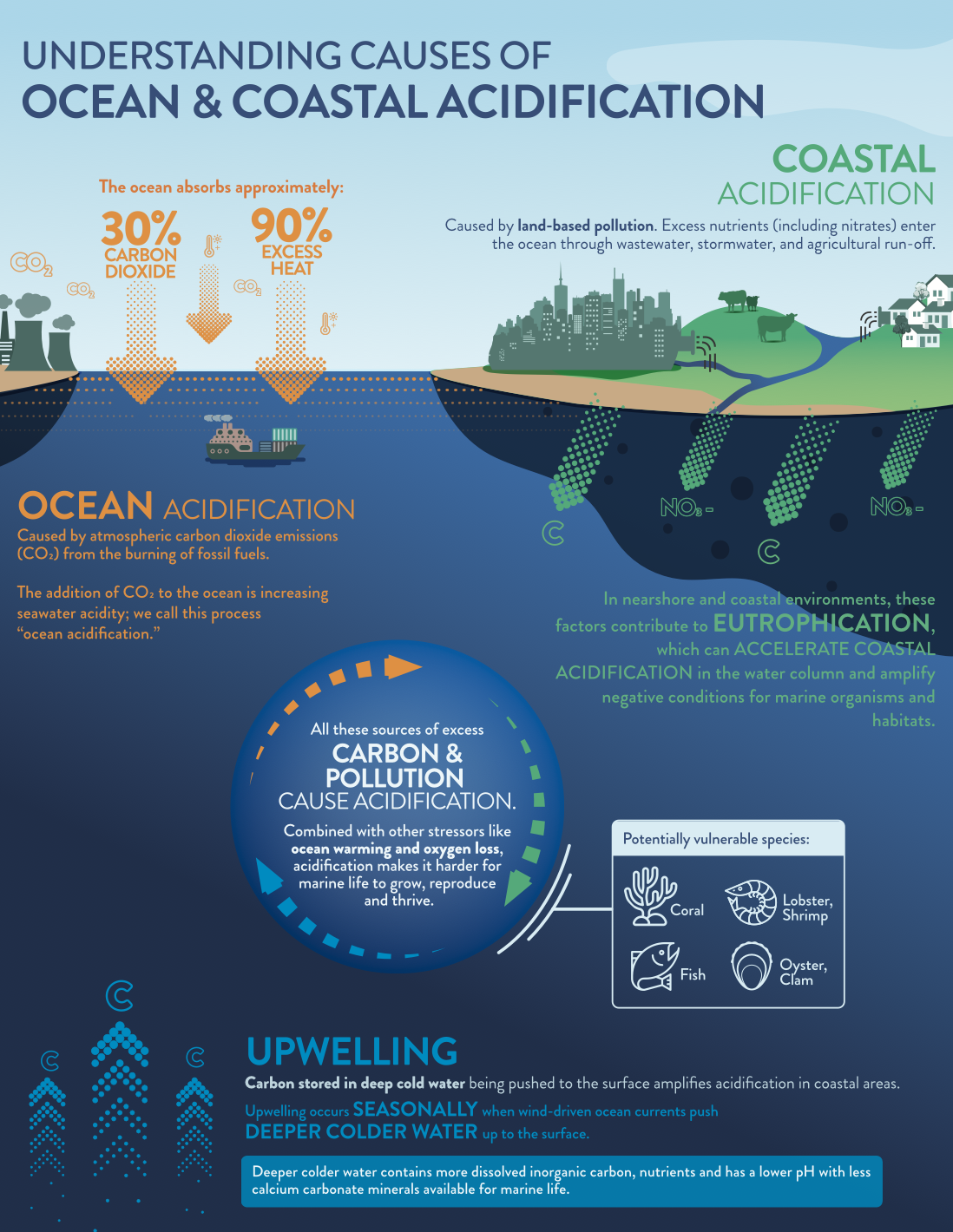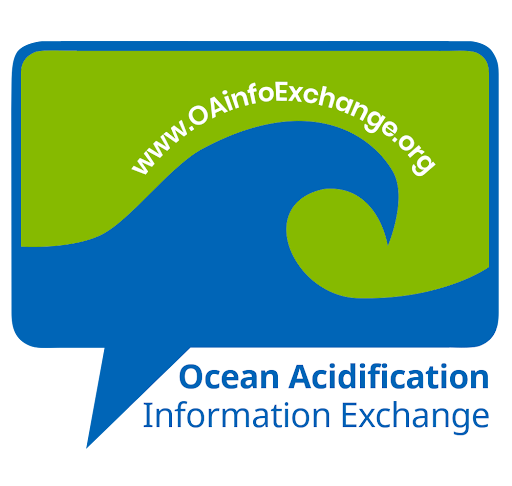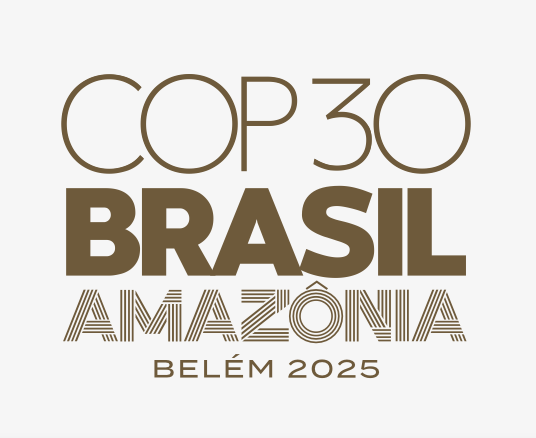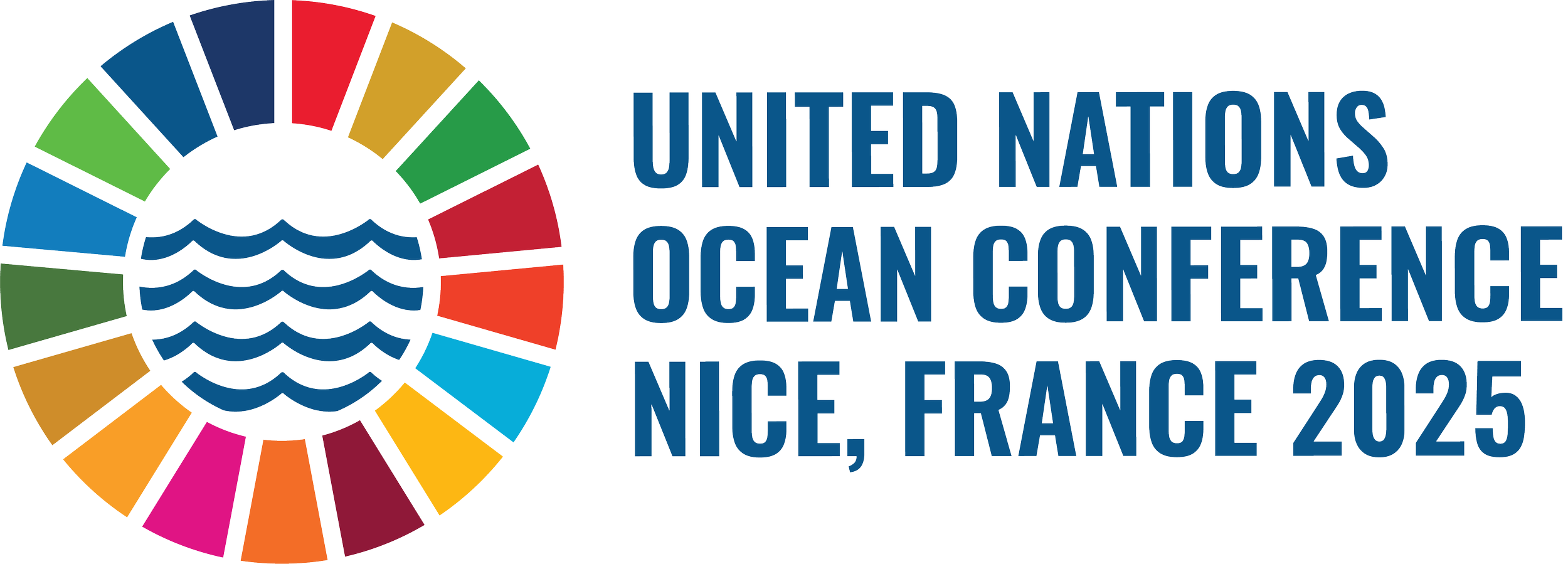U.S. State Working Group on ocean acidification
Sustaining ACTION on ocean acidification in the united states
The U.S. State Working Group formed in 2025 to advance U.S. leadership on climate-ocean change efforts and continue advancing ocean and coastal information that helps governments make better decisions about mitigation, adaptation, and resilience goals.
In 2026, the U.S. State Working Group will carry forward key themes of interest to states related to:
Exploring OA’s Role in Climate Change Communication
Measuring Coastal Acidification as Part of Water Quality Management
Evaluating and Funding Blue Carbon Habitats
Developing Risk and Vulnerability Assessments That Account for Climate-Ocean Change
Engaging in the Federal Policy Landscape
Engaging in the International Policy Landscape
Working Group members are offered benefits and engagement pathways such as:
States learning from and engaging with each other, regionally and nationally, across thematic areas (linking up with a “Sister State”)
Topical trainings and resources for states to utilize in their state policy and communications work.
Federal landscape assessments and engagement with partner groups like NGOs or state collaboratives that are working on climate-ocean and coastal policy and communications efforts in the U.S.
Opportunities to participate in global activities like the UN Decade of Ocean Science, UN Ocean Conference and UN Framework Convention on Climate Change.
Access to State-Led Team on the OA Information Exchange.
Invited state representation from: California, Washington, Oregon, New York, Maine, Rhode Island, Massachusetts, Connecticut, New Hampshire, Maryland, New Jersey, Delaware, Pennsylvania, Virginia, North Carolina, Alaska and Hawaii. (States that have OA Action Plans or are engaged in related activities).
Non-state representation from: National Caucus of Environmental Legislators, Ocean Defense Initiative, Aquarium Conservation Partnership, U.S. Climate Alliance, Pew Charitable Trusts, Environmental Council of States, Environmental and Energy Study Institute.
Science body representation from: U.S. Coastal Acidification Networks in each region.
Each regional StoryMap includes:
An overview of climate-ocean change, including the causes of ocean acidification.
Synopsis of OA trends and potential impacts to marine species, ecosystems, and human communities most at risk.
Highlight reel of activities and policies occurring within the region to better understand and respond to OA and climate-ocean change. This includes leadership and examples from state government, seafood growers, Tribal government, Port/ municipalities, and community members.
Proposed “calls to action” that can be taken by an individual.
An Interactive map of the United States, indicating where relevant ACP member Aquariums are located.
OA COMMS Resources
OA REGIONAL STORYMAPS
Meeting #1: February 12, 2026
March 19 : mCDR Landscape Update
May 15 : State progress presentations & CHOW preparation
August 20 : OA and Food Security Workshop
October 1 : Risk and Vulnerability Assessment Workshop
December 17 : Recap, Evaluation, and end of year Celebration
2026 MEETING RESOURCES
UPCOMING MEETINGS
Meeting #1: February 20, 2025
2025 MEETING RESOURCES
PRESENTATION RESOURCES
-
Federal Funding Analyses & Resources:
Funding Freeze Impacts Memo: Senate Minority Leader [1/28]
Funding Freeze Fact Sheet: Senate Democratic Caucus [Jan. 2025]
Funding Freeze Fact Sheet: House Democratic Caucus [Jan. 2025]
EO Analysis: Harvard Environmental & Energy Law Program [Jan.2025]
Tax Credit Applicability Analysis: Tax Law Center at NYU Law [1/24]
Impoundment Control Act Memo: Public Citizen [Nov. 2024]
Cities, Climate & Trump: Early Guidance and What to Watch: SabinCenter for Climate Law and partners [Jan. 2025]
Congressional Responses:
Bicameral Letter to EPA [2/6]
Bicameral Letter to OMB [1/27]
Public & Partner Responses:
NGO Statements to Date [Rolling]
Messaging Guidance to Date [Rolling]
Many more links are available in the presentation slide deck and www.usclimatealliance.org.
-
EESI Congressional briefings, designed for decision-makers and open to the public: https://www.eesi.org/briefings
EESI federal legislative and hearing tracking, published weekly: https://www.eesi.org/congressional-round-up
EESI Climate Solutions Map - navigate EESI resources at a state-by-state level: https://www.eesi.org/climate-solutions-map-by-state
2024 EESI ocean carbon dioxide removal Congressional Briefing: https://www.eesi.org/briefings/view/041624ocean
-
Ocean Rapid Response: Trump Admin EO/PM/SO Index
Toolkit: Dismantling NOAA Threatens Our Health, Safety, and Economies Nationwide
Toolkit: Trump’s Ocean-Related Nominees Advance in Confirmation Process
One Pager: Project 2025 Ocean Implications
Meeting #2: March 27, 2025
Immediate Past Board President, National Caucus of Environmental Legislators
Former Minority Leader, AK State House of Representatives
Former White House Director National Ocean Council, CEQ, OSTP
GUEST SPEAKER: BETH KERTTULA
Meeting #3: May 15, 2025
U.S. Ocean and Coastal Management and Policy Team
Capitol Hill Ocean Week 2025 info and recordings
Meeting #4: August 28, 2025
WATER QUALITY WORKSHOP
-
Micah Horwith, Ocean Acidification Senior Scientist, Washington State Department of Ecology
Kyla Kelly, Water Quality Program Manager, Ocean Protection Council, California Natural Resources Agency
Kaegan Scully-Engelmeyer, Water Quality Standards Specialist, Oregon Department of Environmental Quality
Gregg Sakowicz, Assistant Research Coordinator for the Jacques Cousteau National Estuarine Research Reserve (JC-NERR)
Mollie Yacano, Research Coordinator for the Delaware National Estuarine Research Reserve (DNERR)
Dwight Gledhill, Acting Director, NOAA Ocean Acidification Program (OAP)
-
California OA and Hypoxia Report (appendices are especially helpful)
Find your closest National Estuarine Research Reserve System
Overview of State Approaches to OAH and Water Quality reference table
-
Post questions related to OA and water quality on the USA Ocean and Coastal Management and Policy team on the OAIE.
Tutorial on Options for sharing updates: posting to everyone and teams.
Tutorial on Configuring Your Settings: activity alerts, email digests and other settings.
Meeting #5: October 16, 2025
UN Climate Change Conference, November 2025
New York Climate Week highlights from September 2025
Meeting #6: December 18, 2025
The Third United Nations Ocean Conference (UNOC3) represented a vital moment for ocean health and policy action.
From broadening political leadership and defining OA science for action to engaging through creativity, the OA Alliance hosted a diverse range of official side events that showcased our concrete initiatives that are actively addressing ocean acidification at the global scale.
messages for U.S. Working Group Members
Some of our U.S. colleagues who attended UNOC took time out of the hectic conference schedule to offer their perspectives, speaking directly to you as members of the U.S. State Working Group.
Tony McDonald, Director of The Urban Coast Institute at Monmouth University; member of the U.S. National Committee for the UN Decade of Ocean Science
“I think it’s steady as she goes. The reality is that there is a lot of change in the air, but the problems don’t change, the work that needs to be done doesn’t change. I don’t think it’s really difficult to realize the work we do in the U.S. and how we partner already. The ocean is a place that needs international cooperation to work, it needs international partnership. The U.S. still has a lot of best management practices to share, and to learn from each other [at UNOC].
I don’t think there is a challenge over time to align the work we do with the current priorities for prosperity and security. Those things are consistent in my mind, even if there are other geopolitical issues that are not specific to the ocean.”
Ryan Calkins, Commissioner at the Port of Seattle
“Ports often have the opportunity to bring together stakeholders that other groups may find difficult to convene… stakeholders that are essential to addressing some of these big systemic problems for our ocean.
One of the most important lessons that I have taken away from this conference is that the only way we are going to solve this big problem is if we get community groups, public groups, and private groups all working together. It really does take all of us to solve these issues.
I have been really encouraged by the general sense of optimism at this conference... We know our partners abroad are going to continue working over these next 3.5 years so that when we do have the opportunity at the federal level to take this up again, the work that we’re doing at local and state level in the meantime will really have an international audience that we can work with. We are a federalized country. Our city and state partners can continue to do great work.”
Sarah Guy, Executive Director of Ocean Defense Initiative
“It is critical for U.S. ocean advocates to stay connected and keep building momentum. As the trump administration cedes global leadership on these issues, it’s not enough just to play defense. We need to keep working toward the future that our ocean and climate communities need.
Right now, listening and learning from international efforts and locally-led solutions that are moving the needle on ocean-climate action has been a much-needed shot of encouragement. It is also great to connect with so many other ocean advocates and leaders from around the world [at UNOC] and to know we’re all in this together.”

